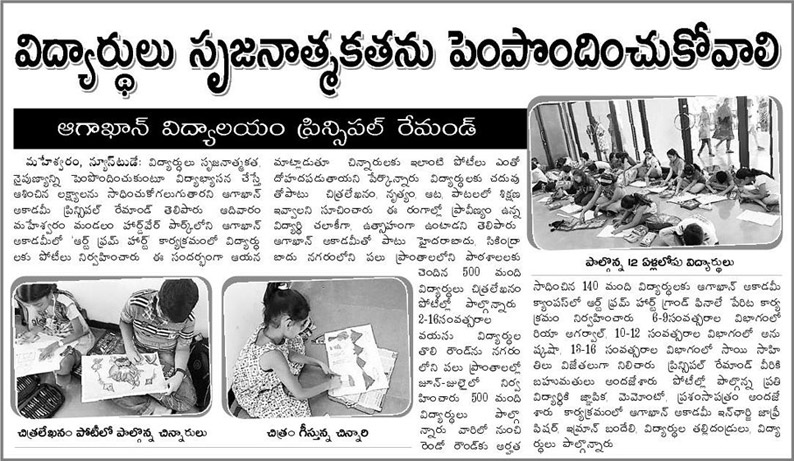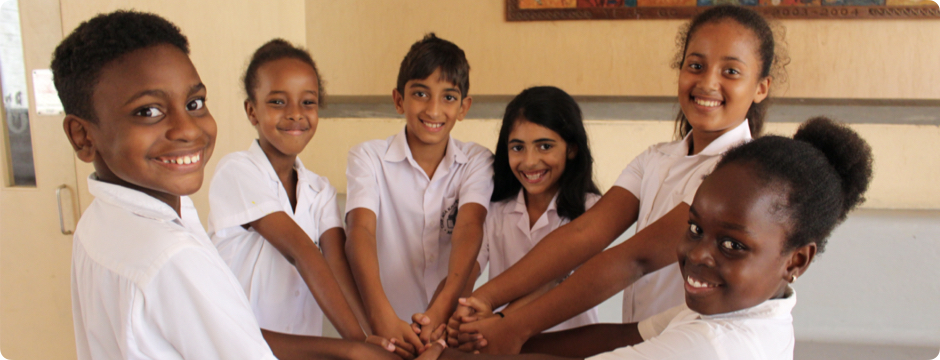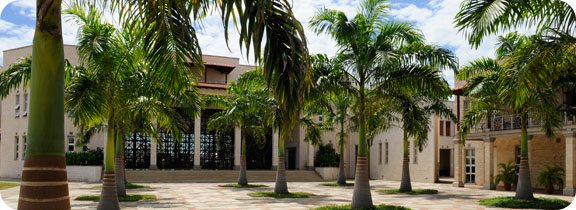
Academy Campuses
The campus of each Aga Khan Academy is architect designed and purpose built, and features exceptional facilities for all aspects of student life. Each campus is designed by renowned architects and is tailored both to meet the needs of the school and to maximise the potential of the site.
Site selection and design
Site selection is a complex process that takes into account a number of factors. These include the urban context of the site, accessibility, infrastructure support and options for long-term expansion.
The site must be able to provide an environment that will be conducive to learning and living. It should also have the potential for creating a space that is inspiring and special for those who live, study and visit there.
The design process for an Academy campus takes into account best practices in facility design. This includes construction techniques that allow spaces to be used for multiple purposes, and classroom environments that are conducive to interactive learning.
Extensive facilities
Each Academy includes the following academic and resource areas:
- age and subject-appropriate classrooms
- well-equipped science and computer laboratories
- library and resource centres
- art and music rooms
- theatre
- design and technology workshop
- multipurpose hall
- religion and culture room
- career counselling facility
- Commons building, which houses the dining hall and an array of spaces for school activities. It is designed to be the hub of student activity, serving as the Academy’s main space for major school functions, including music and drama performances and public lectures.
The sports facilities are extensive and include:
- swimming pools
- sports fields, for example for soccer, hockey and athletics
- gymnasium for indoor sports such as basketball, badminton, volleyball, gymnastics
- tennis court, cricket pitch or ice-skating rink, as appropriate.
Residential accommodation
Residential facilities have been designed to accommodate students and dorm parents (teachers who have been selected and trained to live in the faculty apartments in the student residences).
Accommodation is available for Academy community members from both within the country and overseas, as well as those visiting or on exchange from other Academies. Additional teachers' quarters on campus house both resident and visiting faculty along with their families.

Thank you
Students improve their Creativity
Students empowered with creativity and skills can achieve their goals, contended Mr Raymond, Principal, the Aga Khan Academy. On Sunday, the Aga Khan Academy Hyderabad, located in Maheswaram Mandalam, Hardware Park, organised a competition for students called Art from Heart. On this occasion, Mr Raymond claimed that such competitions will help students in developing creativity. He also advised that students need to be trained in activities like drawing, music, sports, dance and so on, along with studies. These skills make students active and enthusiastic learners.
About 500 students from various schools in Secunderabad and Hyderabad had participated in the preliminary rounds which were conducted in the months of June and July. The age group targeted was between 2 to16 years.
Out of 500 participants, 140 students qualified for the next round. These students took part in the grand finale event of Art from Heart, organised on the campus of the Aga Khan Academy Hyderabad.
Rhea Agarwal in 6-9 years age group, Anushka Shaw in 10-12 years age group and Sai Sahiti in 13-16 years age group were the winners. The prizes were given away by the Principal, Mr Raymond. Each participant received a trophy, a memento and a certificate. In this event, the head of the the Aga Khan Academy Hyderabad, Dr Geoffery Fisher, Imran Bandeali, students and parents took part.
Read the original article:
Students build organic farm
A group of Ismaili students from Afghanistan and Tajikistan made the most of a difficult situation when they were unable to return home from the Aga Khan Academy in Hyderabad during the Covid-19 pandemic. With the abundance of spare time they were suddenly given, the students planned and implemented an organic farm on the school grounds.

Golden Girl Emily Muteti Glows
The Daily Nation reports on the Coast Amateur Swimming Association (CASA) Championship which took place on 11th-12th February at the Aga Khan Academy Mombasa.

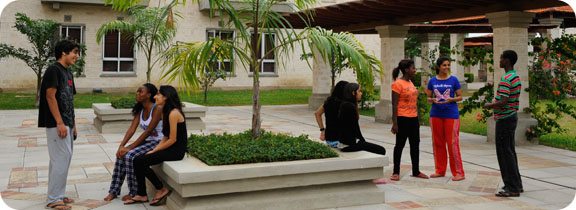
Living on Campus
Residential life at the Academy complements and extends the academic experience. The residential programme includes a broad selection of activities and leadership opportunities to enhance students’ learning and growth.
The Academy's residential programme officially opened in April 2009. Our student residences have been designed to accommodate students and dorm parents, who are teachers who have been chosen carefully and trained to live in the faculty apartments in the student residences.
Up to four students share a room. The rooms are spacious with high ceilings and large windows. Facilities include a student lounge with a breathtaking view out to sea and a large-screen television along with laundry facilities.
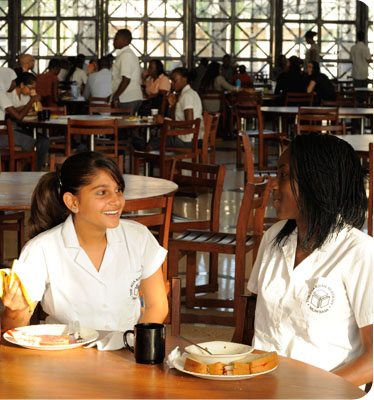 The Commons building houses the dining hall and an array of spaces for school activities. It is the hub of student activity and serves as the main space for major school functions, including music and drama performances and public lectures.
The Commons building houses the dining hall and an array of spaces for school activities. It is the hub of student activity and serves as the main space for major school functions, including music and drama performances and public lectures.
“The tour of the residential facility gave me a great sense of fulfillment,” said Bernard Dudi, a teacher and dorm parent. “I appreciate the amount of planning and resources and the thoroughness of the execution.”
Learning beyond the classroom
The culture of the Academy is based on respect, integrity, honesty, fairness, empathy and good humour. Our students, teachers and administrative staff create and sustain this positive learning environment.
The experience of our pluralistic learning community is especially rich for students in residence given the constant interactions among students, faculty and staff from diverse backgrounds.
The focus of the residential programme is on students’ intellectual, social, spiritual and physical growth in a structured and ethical environment. In the words of Aziz Batada, a former dorm parent, “The residential experience allows the typical school day – where the vision of the Aga Khan Academy is continuously being lived – to be extended, and education itself is seen as a part of every moment of an individual's life.”
